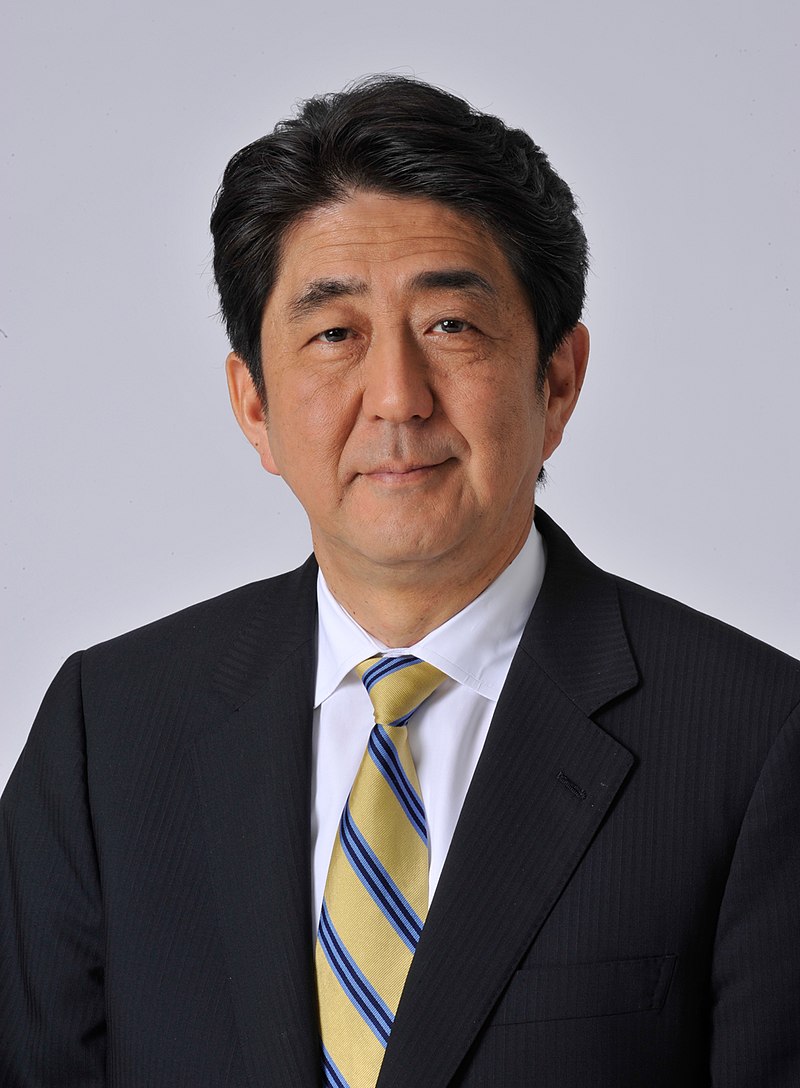
-
Published: 13 January 2023

TOKYO
Edit by |Tony Wild
Jan. 13- 2023
Shinzo Abe Abe was assassinated on 8 July 2022 while delivering a campaign
speech in Nara two days before the 10 July upper house elections. The suspect, who was immediately arrested by police, confessed to targeting the former prime minister because of Abe's ties with the Unification Church. Abe's assassination was the first assassination of a former Japanese prime minister since 1936.
-- Japanese prosecutors on Friday indicted the man suspected of killing former Prime Minister Shinzo Abe, according to local media.
The Yomiuri Shimbun newspaper reported that the Nara District Public Prosecutors Office indicted the assailant, Tetsuya Yamagami, 42, on murder charges.
He was also indicted for violating Japan's gun control laws, the report said.
The formal charges came following Yamagami undergoing an extended six-month psychiatric trial to determine whether he was mentally fit to be held criminally responsible for his actions.
Yamagami was arrested on the spot on July 8 last year after allegedly shooting former prime minister Abe twice at close range with a handmade gun while Abe, 67, was delivering a speech in the western prefecture of Nara, just two days ahead of upper house elections.
Yamagami, an ex-Maritime Self-Defense Force worker, allegedly held a grudge against the controversial Unification Church for financially ruining his family by soliciting huge amounts of money in donations from his mother.
This amounted to around 100 million yen (774,000 U.S. dollars).
The killer reportedly believed Abe had links to and had promoted the dubious organization and claimed this factored in to his reason for assassinating the former prime minister.
Shinzo Abe AC was a Japanese politician who served as Prime Minister of Japan and President of the Liberal Democratic Party from 2006 to 2007 and again from 2012 to 2020. He was the longest-serving prime minister in Japanese history.
